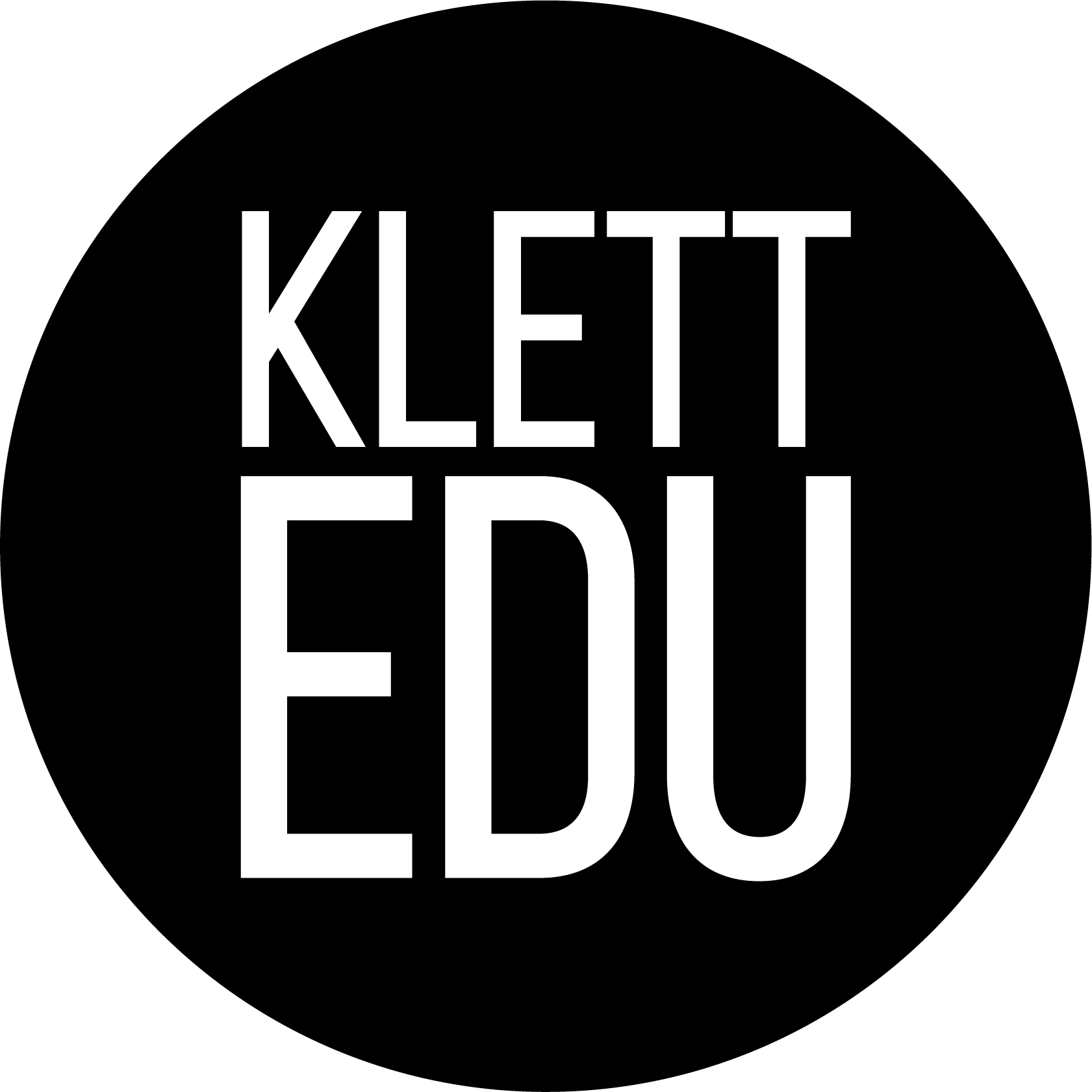We have a long industrial tradition in common
Our director Ferdinand Ayen spoke about the establishment of the Klett EDU training center in Serbia and the needs of education in Eastern Europe. Below are the highlights of the iMOVE interview conducted by Silvia Niediek.
iMOVE: How attractive are European markets compared to non-European ones?
Ayen: For the establishment of the Klett EDU training center in 2018, it was decisive where and with which professional direction we would achieve a strong effect. The choice was Serbia: an increase in GDP, industrial production and an education system that does not rely on the needs of industry. There are other similar combinations in the world. To the great satisfaction of our clients, we have developed short and long programs in mechatronics.
iMOVE: What role do political stability and cultural closeness play when choosing a market?
Ayen: With cultural closeness, the further away you are, the more the product needs to be tried, but with a clear strategy, those differences are smaller. Political stability is important, but it is not always present. What kind of history does that country tell about itself and what is its path? In Serbia, the most common attitude of the society is still: We as a country want to join Europe, which is also contributed by the long industrial tradition that we have in common.
iMOVE: What is the role of the established structure and funding opportunities?
Ayen: The image is ambivalent. To start the engine and get the job done, financing is very helpful. However, many use subsidies not as a driver, but as fuel for their business, which is unsustainable and unfair to those in the market who live without subsidies.
IMOVE: In which European countries do you see a growing need for dual education from Germany?
Ayen: In the industry, everyone asks the question: Where do you find people to work in production? In Eastern Europe, aging, academization and emigration are massively turning young people away from traditional professional education. Only industrially trained people are not enough for industries. Labor is also in demand in the service sector. For a poorly paid food delivery person, a regular job with a basic or additional qualification in the industry becomes very attractive.
IMOVE: Which of your offers are in demand among European clients?
Ayen: For Klett EDU, it is crucial that people learn to work independently. For the needs of Serbia and potentially Bulgaria and Bosnia, we have developed a three-month program in mechatronics. It is divided into different learning situations, where participants solve typical problems. In addition to learning how to operate machines, they also independently troubleshoot problems during production. For employees with more qualifications, there is an eight-month program called "Industrial Mechatronics Specialist".
iMOVE: Are you opening new areas and client groups in Europe or are you maintaining long-term business relationships?
Ayen: Both. In the case of new business areas, the emphasis is currently on Germany, because the need for professional labor cannot be covered only by local staff. That is why we deal with professional staff and the question of how suitable candidates from outside the EU can qualify for the German or European labor market.
